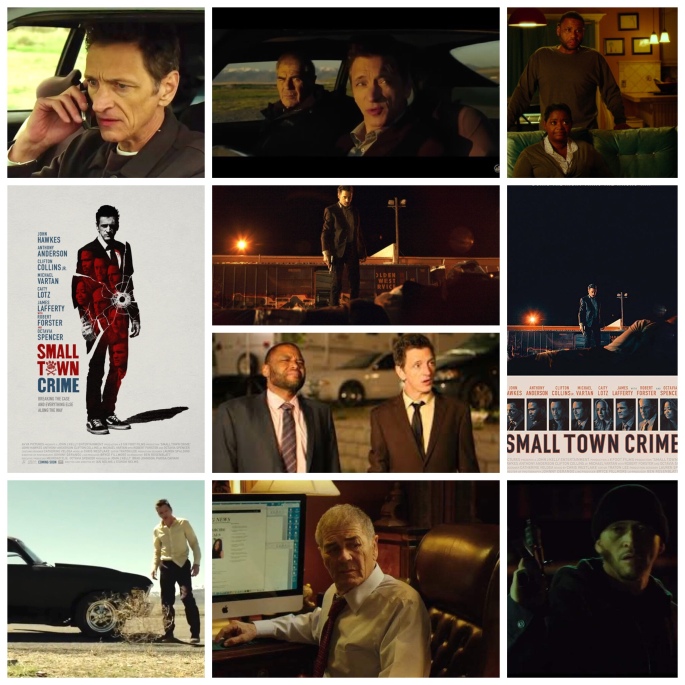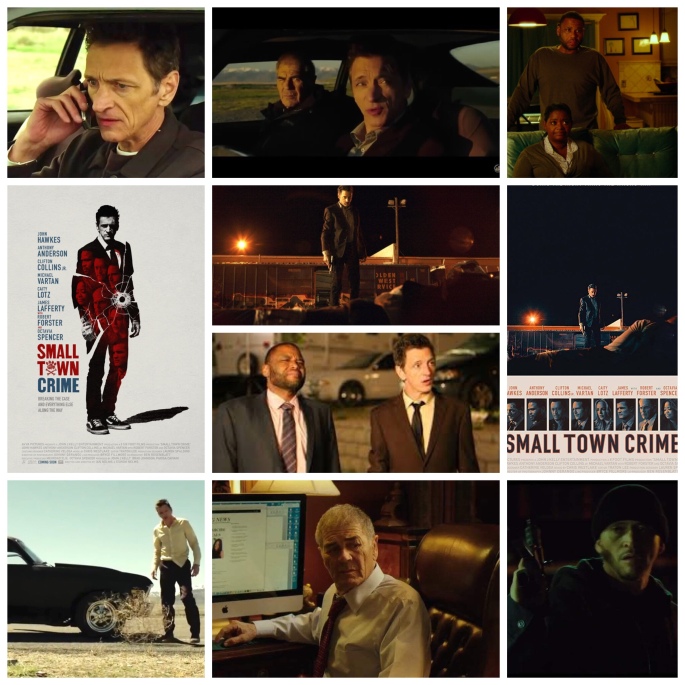
Domino is Tony Scott’s fire roasted, charbroiled, turbo charged masterpiece. I’ve seen it over fifty times and every time I seem to enjoy it more. It’s pure unfiltered Scott, free from the nagging pressures of the studio, financed by his own company, a loving treatise of pure style and breakneck kamikaze energy that doesn’t let you breathe for a second. It’s loosely based on the life of Hollywood baby turned rough and tumble bounty hunter Domino Harvey (Keira Knightley), daughter of actor Laurence Harvey. She leaves the 90210 world of rich snobs and gilded mansions to pursue a grittier path, in the form of restless underground law enforcement. Now, the film sheepishly admits it’s not entirely based on a true story before the credits even start, so as long as you know that much of it is fantasy going in, you won’t feel cheated. Knightley is a pissed off, sparking roman candle in the role of her career, shedding the dainty image and going full furious grunge, giving Domino an alternative edge and damaged pathos that fuels much of the film’s kinetic energy. Mickey Rourke plays her grizzled boss Ed Moseby, a veteran bounty hunter with a trail of violence behind him, who’s weary and tough in equal parts. Rourke fires on all cylinders, giving some of his simultaneously hilarious, heartbreaking, badass and best work. Edgar Ramiraz plays scrappy Choco, third musketeer and eventual lover to Domino with fiery Latin charisma. Christopher Walken, weird mode fully activated, waltzes in as a reality TV producer with the attention span of a ferret on chrystal meth, Mena Suvari as his squirrelly assistant, Lucy Liu as a prim, OCD afflicted federal agent who verbally spars with Knightley in flash forwards, Delroy Lindo is excellent as their bail bondsman handler Claremont Williams, and there’s scuzzy work from Dale Dickey, Lew Temple, Macy Gray, Monique, Dabney Coleman, Jacqueline Bisset, Jerry Springer and more. Just to sample some of the esoteric weirdness that goes hand in hand with the hard boiled crime elements, Tom Waits has a beautifully perplexing cameo as a spiritual wanderer who has a mysterious meeting with Domino and her friends in the Mojave desert, imparting some prophetic truth to them that only Scott and the sand dunes are in on. This is the kind of film that grabs you by the collar and hurls you down an asphalt horizon of hallucinatory camera work, brings you an intricate, lurid story of true crime gone wrong, and a balls to the wall depiction of life at its fastest, wildest and most out of control, as only the maestro of such things, Scott, can bring you. Domino, at least in this film, lives a crazy life that culminates in a hellish Mexican standoff and subsequent shootout atop a Space Needle-esque Vegas casino, a fitting way for a Scott film to come full circle and certainly not the first time he’s ended one in that situation. He uses cinematic magic to create visual poetry here, his sucker punch editing, nebulous display of scorched out colours, thunderous symphony of sound design and hectic, buzzing aesthetic isn’t for everyone but it’s something truly unforgettable and a style wholly his own, I truly miss the guy and believe he was one of maybe the ten best filmmakers to ever work in Hollywood. This is by far his best film, definitely his most personal and also the most arresting vision he’s ever sculpted, it will leave you haunted, pummelled, fired up and deliciously puzzled. Domino ironically says in voiceover near the end, “I’ll never tell you what it all meant”. Scott tells you, in his own special way, and if you’re tuned in to his otherworldly frequency you’ll treasure this masterwork as much as I do, and will continue to for years to come.
-Nate Hill






